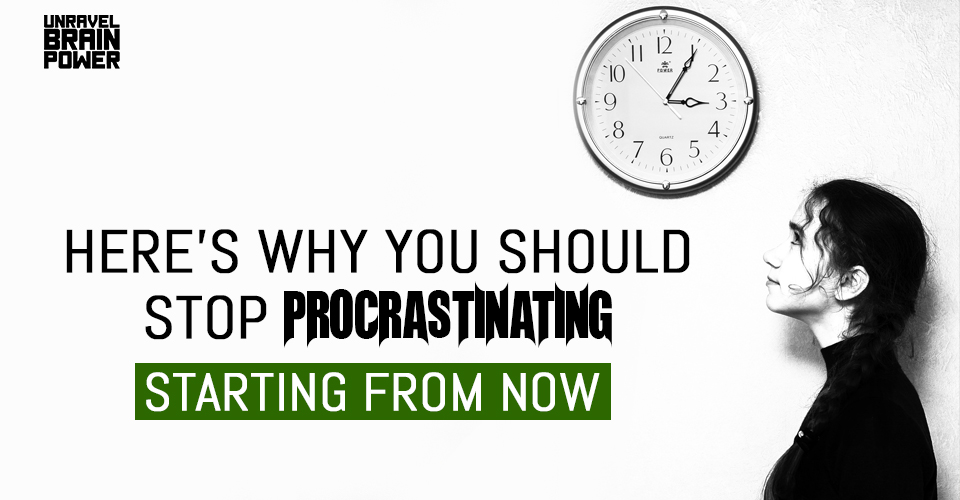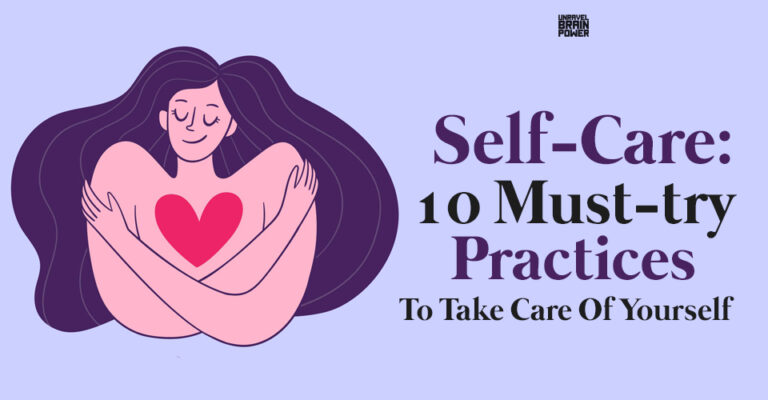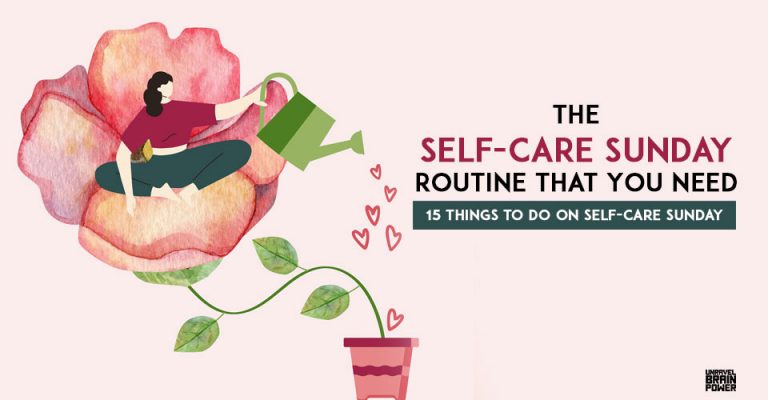
Procrastination is an issue that bugs us from student life onwards and continues till our work life, or even in some cases, till old age. Procrastination results in the loss of the most precious resource man could possibly have – time. What is procrastination? Why is procrastination bad for us?
Procrastination is the set of thoughts that lets us believe that we can leave any work that we have for the future – at any point in time in the future. Procrastination is the belief that we would be able to put the tasks that we have in cold storage and do them later. Why do we procrastinate in the first place?
Procrastination happens because of laziness – both in thought and action. No matter how important the task be – you believe that you would be able to do it later, engaging in entertainment or leisure that can be considered to be trivial compared to the task that you have in hand. However, when the end nears, you realize that you do not have enough time in hand. Then you start panicking endlessly and your anxiety levels go out the roof. You are not sure whether you would be able to complete your work on time, and you feel yourself worrying constantly. This is because things need to get done – right now and you have postponed the work for weeks now, if not months. And why all of this? Because of procrastination! Because of your own wrong choices and decisions!
You might be thinking, “Fair enough, procrastination has been ruining my life for a long time now. But how do I make myself get rid of it? How do I stop procrastinating?”
When it comes to the knowledge of how to stop procrastinating, you have arrived at the right place.
We bring you 5 tips to overcome your procrastination, which will help you in the long run.
1. Do things that need to get done on an IMMEDIATE basis:
Procrastination is not something that happens with just that urgent project at work or school that has a time frame associated with it. Procrastination may happen even with emergency situations, simply because you are so used to procrastinating in the first place, with literally everything that comes up. Procrastination may occur in situations that require your immediate attention, which otherwise may have a drastic impact on you and the people surrounding you. Unexpected emergency situations may come up that will need you to take action immediately – for example, the sudden death of a family member, a sick child, or a pipe bursting out of the blue in the drainage system. There will be situations arising which may not seem emergency to you but will have long-term repercussions on you and people close to you. You have to keep in mind that you must NOT procrastinate in these situations, no matter what. You have to hustle and get things taken care of, as early as possible.
2. Hold a daily review session each day:
Imagine you had a really busy day, which we presume, you usually do. Before retiring every night, you must ensure that you take at least ten minutes out to review everything that has happened during the day, all the tasks that you need to do later, every single detail that you need to follow up with. If you do this, you will find yourself at ease, unaffected by the detrimental effect that procrastination usually brings.
3. Prioritize your most important tasks:
You have to prioritize everything in life – be it the people whom you interact with or the things that you do. When you have a lot of work to do, you may find yourself in a kind of dilemma – not knowing which one to take care of first. In situations like these, it would be helpful to jot down and make a list of all the work that you have and then make another list, starting with the top-priority jobs. This way, you will know what is really important to you and you will also be able to do your work more efficiently, finishing them well within the stipulated time span without feeling overwhelmed or overburdened by the amount of workload that you have.
4. Do the toughest job first:
A powerful tactic when it comes to managing a large amount of work is to do the toughest job first. This way, you manage to get rid of your biggest concern at the very beginning of the day and then can do the smaller or relatively easier tasks later.
5. Finish off small tasks fast:
There might be small, meagre tasks that are pouring in throughout the day which can be finished fast (for example, emails in your inbox) – make sure that these tasks do not pile up and become something undoable at the end of the day. You have to be on the go, doing these tasks as soon as you receive them.
To conclude, procrastination is never a good thing in the first place, it never brings anybody any good. You have to make sure that you do your work on time – that is your first and final motive – getting things done in a timely manner. We hope this article helps you!
Read more
How To Become An Early Riser And What Are The Benefits Of Rising Early
How to Stay Focused: Staying Focused with a Simple Methods
How Do You Stay Productive When Overwhelmed?
Getting Good at Just Starting a Difficult Task (and 4 Tips to Practice the Art of the Start )
Pin this for later






